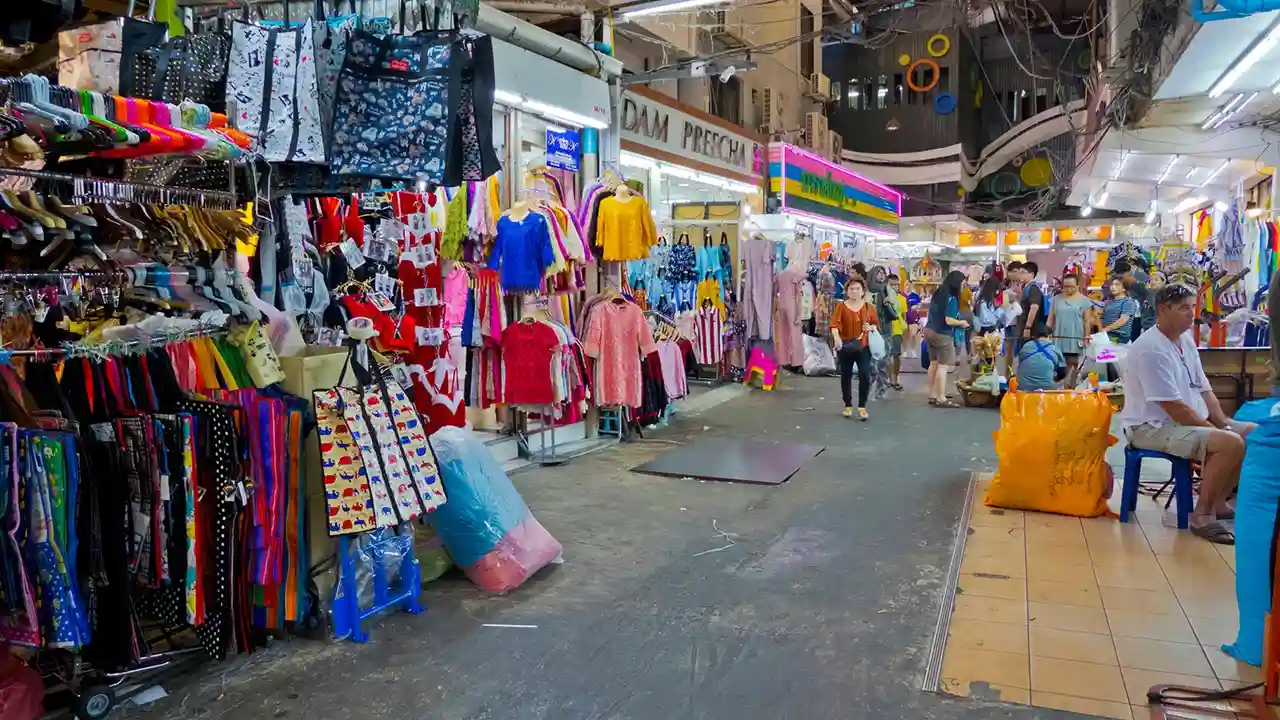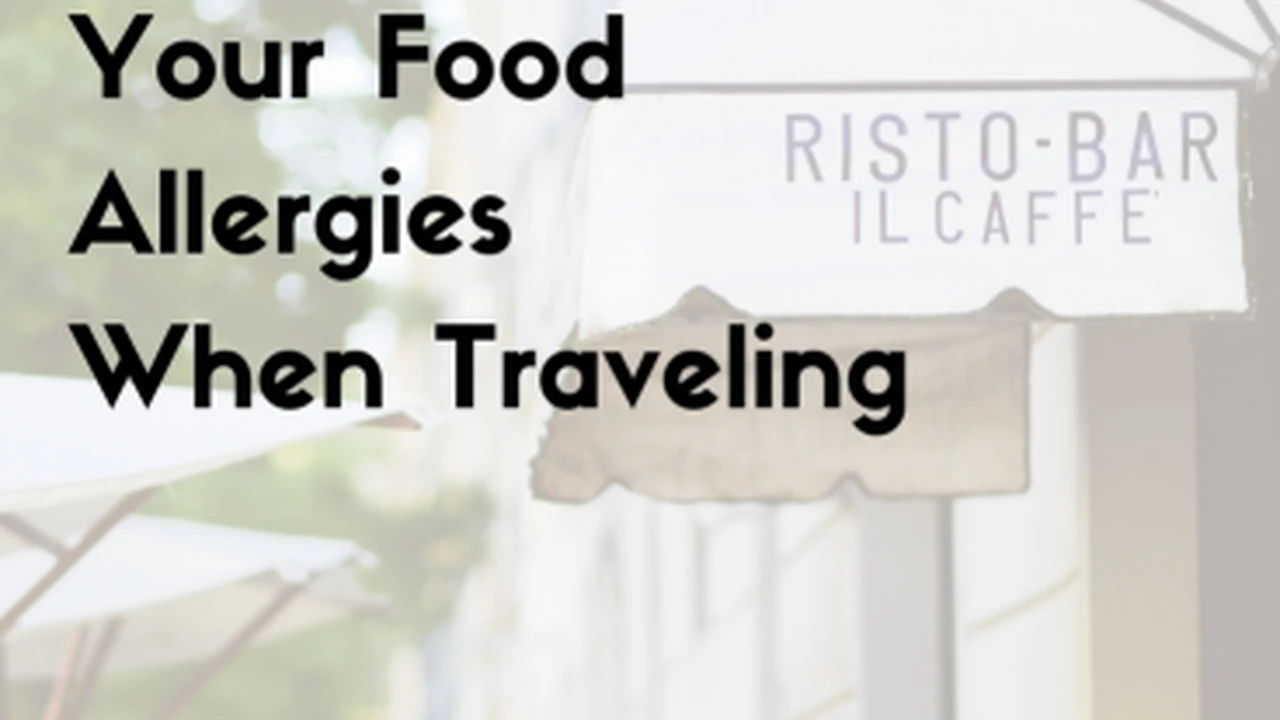Learn some basic Thai phrases: Communicate with locals

Why Learn Basic Thai Phrases for Your Trip? (Thai Language, Travel Communication, Local Interaction)
So, you're heading to Thailand! Awesome choice. Picture this: you're not just another tourist snapping photos, but someone who can actually connect with the locals. Learning even a few basic Thai phrases can totally transform your experience. Think of it as unlocking a secret level of your trip – you'll get better service, find hidden gems, and maybe even make some new friends. Plus, it shows respect for the Thai culture, which goes a long way. Forget the awkward pointing and miming; let's get you speaking some Thai!
Essential Greetings: Saying Hello and Thank You (Thai Greetings, Sawasdee, Khop Khun, Politeness)
Okay, first things first: greetings! The most important word you'll learn is "Sawasdee" (สวัสดี). It's like the universal Thai greeting – use it for hello, goodbye, and everything in between. For men, add "krap" (ครับ) at the end to be polite (Sawasdee krap). For women, add "ka" (ค่ะ) (Sawasdee ka). And don't forget "Khop Khun" (ขอบคุณ) for thank you! Again, add "krap" or "ka" at the end to show respect. Trust me, a simple "Khop Khun krap/ka" after buying a mango sticky rice will make the vendor's day!
Getting Around: Asking for Directions and Transportation (Thai Directions, Left/Right, Taxi, Tuk-Tuk, Train)
Lost in Bangkok? Don't panic! Knowing a few phrases for directions can save you a lot of stress. "Pai nai?" (ไปไหน) means "Where are you going?" and "Yoo tee nai?" (อยู่ที่ไหน) means "Where is it?". If you need to tell a taxi driver where to go, just say the place name and add "pai" (ไป) before it. For example, "Pai Wat Arun" (ไปวัดอรุณ) means "Go to Wat Arun." Remember to negotiate the price beforehand, especially with tuk-tuks! Learn "Sai" (ซ้าย) for left and "Khwaa" (ขวา) for right. Knowing these can be surprisingly helpful.
Ordering Food and Drinks: A Culinary Adventure (Thai Food, Ordering, Spicy, Delicious, Vegetarian Options)
Thai food is amazing, but sometimes the menus can be a bit… cryptic. Learn "Aroi" (อร่อย) for "delicious"! If you like it spicy, say "Phet" (เผ็ด). If you *don't* like it spicy (and trust me, Thai spicy is a whole different level), say "Mai phet" (ไม่เผ็ด). For vegetarian options, ask "Gin jay dai mai?" (กินเจได้ไหม). It means "Is there vegetarian food?". Don't be afraid to try new things – that's part of the fun! And remember, "Check bin" (เช็คบิล) means "Check, please!".
Bargaining at Markets: Getting the Best Deals (Thai Markets, Bargaining, Price, Discount, Shopping)
Shopping at Thai markets is an experience in itself! Bargaining is expected, so don't be shy. Start by asking "Tao rai?" (เท่าไหร่) for "How much?". Then, offer a lower price (politely, of course). Use phrases like "Lot noi dai mai?" (ลดหน่อยได้ไหม) which means "Can you give me a discount?". Remember to smile and be friendly – a good attitude can go a long way. Don't be afraid to walk away if you're not happy with the price; sometimes they'll call you back!
Dealing with Emergencies: Important Phrases for Safety (Thai Emergency Phrases, Help, Police, Hospital, Doctor)
Hopefully, you won't need these, but it's always good to be prepared. "Chuay duay!" (ช่วยด้วย) means "Help!". "Tamruat" (ตำรวจ) means "Police". "Rong phayaban" (โรงพยาบาล) means "Hospital". "Mor" (หมอ) means "Doctor". Keep these phrases handy, just in case. You can even write them down and keep them in your wallet.
Recommended Products for Learning Thai and Communicating (Thai Language Learning Apps, Phrasebooks, Translators, Communication Tools)
To really boost your Thai language skills and make communication easier, here are a few product recommendations:
- Ling App: This is a great app for learning basic Thai vocabulary and grammar. It uses gamification to make learning fun and engaging. It's perfect for beginners. Price: Free version available, premium subscription around $14.99/month. Use Case: Learning essential phrases before and during your trip.
- Google Translate: A classic, but still incredibly useful. Download the Thai language pack for offline translation. Price: Free. Use Case: Translating signs, menus, and having basic conversations when you can't find the right words.
- Lonely Planet Thai Phrasebook & Dictionary: A pocket-sized phrasebook is always handy. It contains a wide range of useful phrases and a basic dictionary. Price: Around $9.99. Use Case: Quick reference for common situations, especially in areas with limited internet access.
- Pocketalk Language Translator Device: This dedicated translator device offers real-time translation in multiple languages, including Thai. It's more accurate than phone apps and doesn't require an internet connection. Price: Around $299. Use Case: For travelers who need reliable translation in remote areas or for more complex conversations. Comparison: While more expensive than apps, it offers superior accuracy and offline functionality.
Comparing Communication Methods: Apps vs. Phrasebooks vs. Translators (Thai Communication Tools, Comparison, Pros & Cons, Price)
So, which method is right for you? Apps are great for interactive learning and practicing pronunciation, but they rely on internet access. Phrasebooks are portable and reliable, but they can be limited in scope. Translator devices offer the best accuracy and offline functionality, but they come with a higher price tag. Consider your budget, travel style, and how much you value accuracy and convenience when making your choice.
Practice Makes Perfect: Tips for Improving Your Thai (Thai Practice, Speak Thai, Local Interaction, Confidence)
The best way to learn is to practice! Don't be afraid to try out your Thai phrases with the locals. Most Thais are very appreciative of the effort, even if you make mistakes. Start with simple greetings and thank yous, and gradually work your way up to more complex phrases. The more you use the language, the more confident you'll become. And remember to smile – it's a universal language!
:max_bytes(150000):strip_icc()/277019-baked-pork-chops-with-cream-of-mushroom-soup-DDMFS-beauty-4x3-BG-7505-5762b731cf30447d9cbbbbbf387beafa.jpg)






